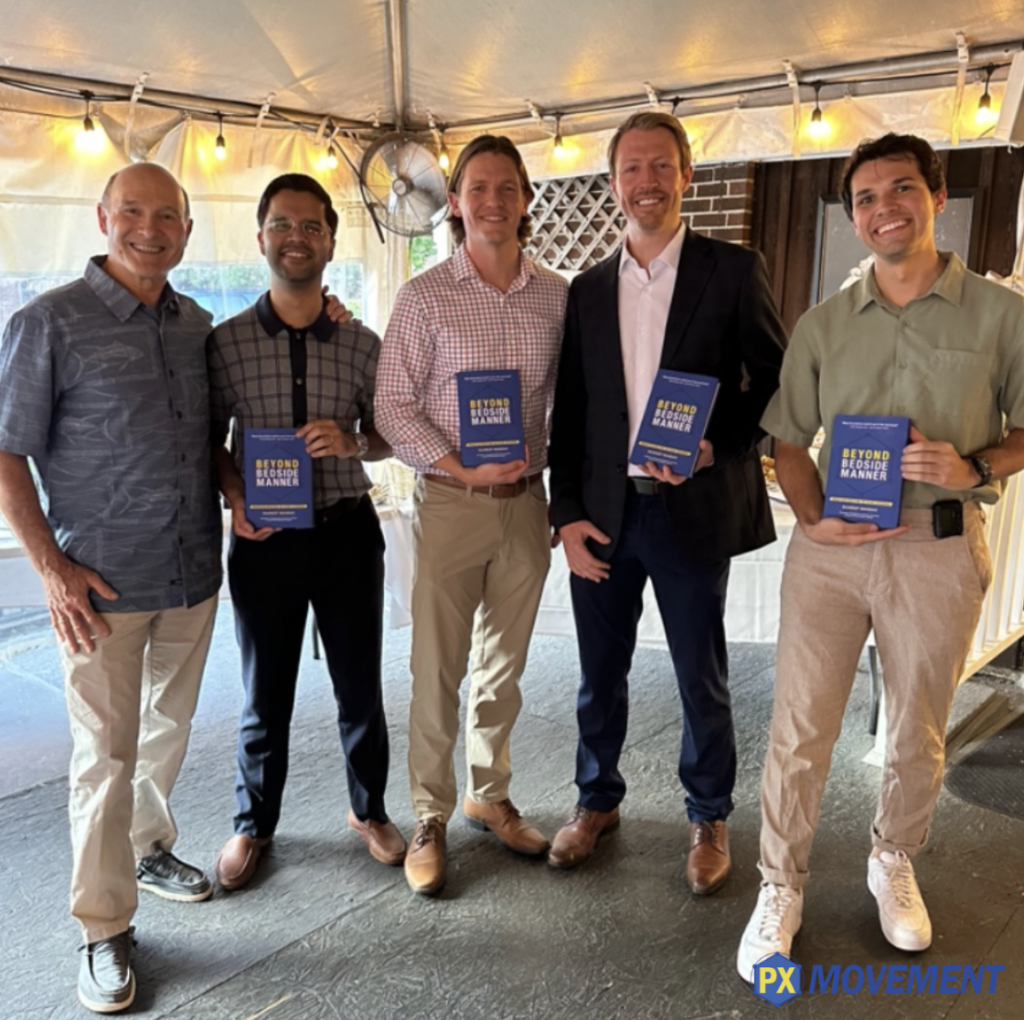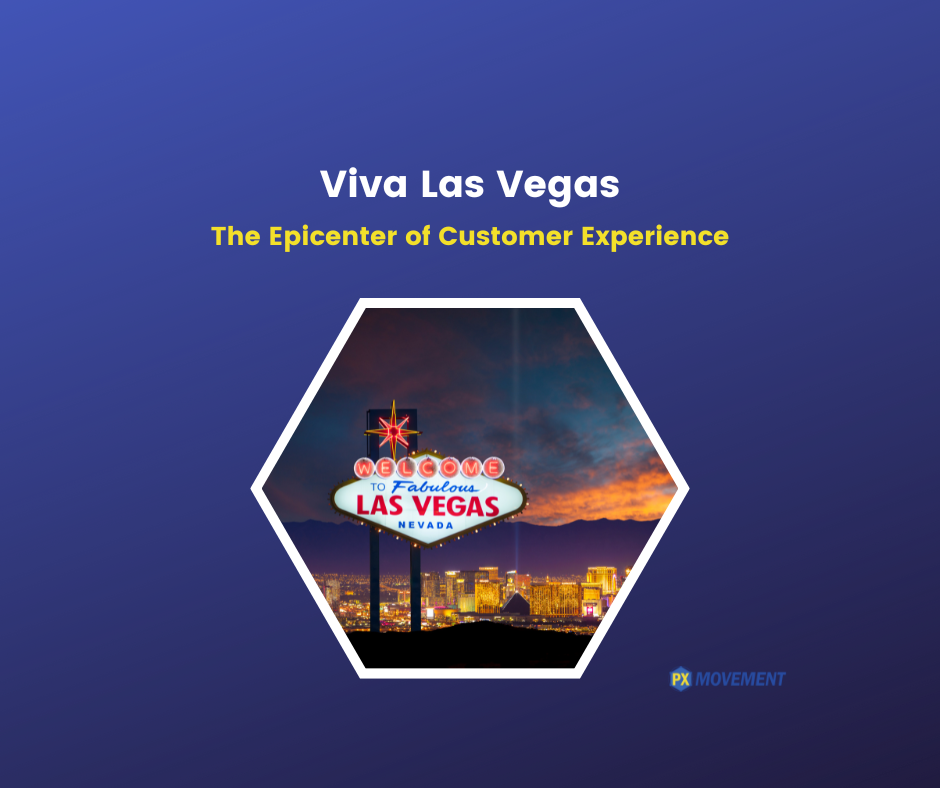Some people love going to Las Vegas, while others loathe the place. Without question, it has evolved over recent decades from a gambling haven to a tourist destination that offers a wide spectrum of ways to spend time and money. As Experience Economy authors Pine and Gilmore state, “Time is the currency of experiences.” They’ve shown empirically how consumers willingly pay more for experiences that are unique, memorable, and inherently personal.
Our recent family trip is an example of how this works. With our kids now young adults, we decided to meet in Las Vegas for the Father’s Day weekend.
Most of our planned activities were “next level” in terms of how we described them afterward:
- Rock concert at the Sphere – amazing
- AGT Winner Shin Lim’s magic show – mind-blowing
- Live music at Blake Shelton’s Old Red – enjoyable
- Meow Wolf’s Omega Mart – oddly satisfying
By Sunday afternoon at the airport, we were exhausted and exhilarated at how many different experiences we could consume. Yes, it was expensive, but that’s not what stands out. It was the time spent as a family doing activities we hadn’t done before that was wonderful* and created priceless memories.
*There were some noticeable service failures, including hotel room issues and an over-zealous restaurant manager.
Your medical practice isn’t Vegas. But it is a place where patients come with expectations as they seek medical advice and care. You can take each patient’s visit to a new level by focusing on improving their experience while providing core services. Let’s keep this simple:
Service = what you do/provide
Experience = how you do it
There are countless ways you can make the patient’s “door-to-door” experience amazing. Many of these take imagination and coordination rather than money. Your patients are forming their opinions at each step along the way. How you and your team engage with patients, as well as what you choose in terms of layout and décor, will strongly influence their overall opinion of you and your practice.
What adjectives would you hope patients use to describe their visit once they walk out the door?
That’s the question I will leave you with; the answers are likely indicators of how they feel and how they will describe that visit to others. It becomes the seed that plants what their online review will say. It becomes the catalyst for your future patients to consider calling you…or going elsewhere.


Here’s Dr. Peyton Neatrour with the residency graduation gift he gave to four future ophthalmologists. Congratulations!

